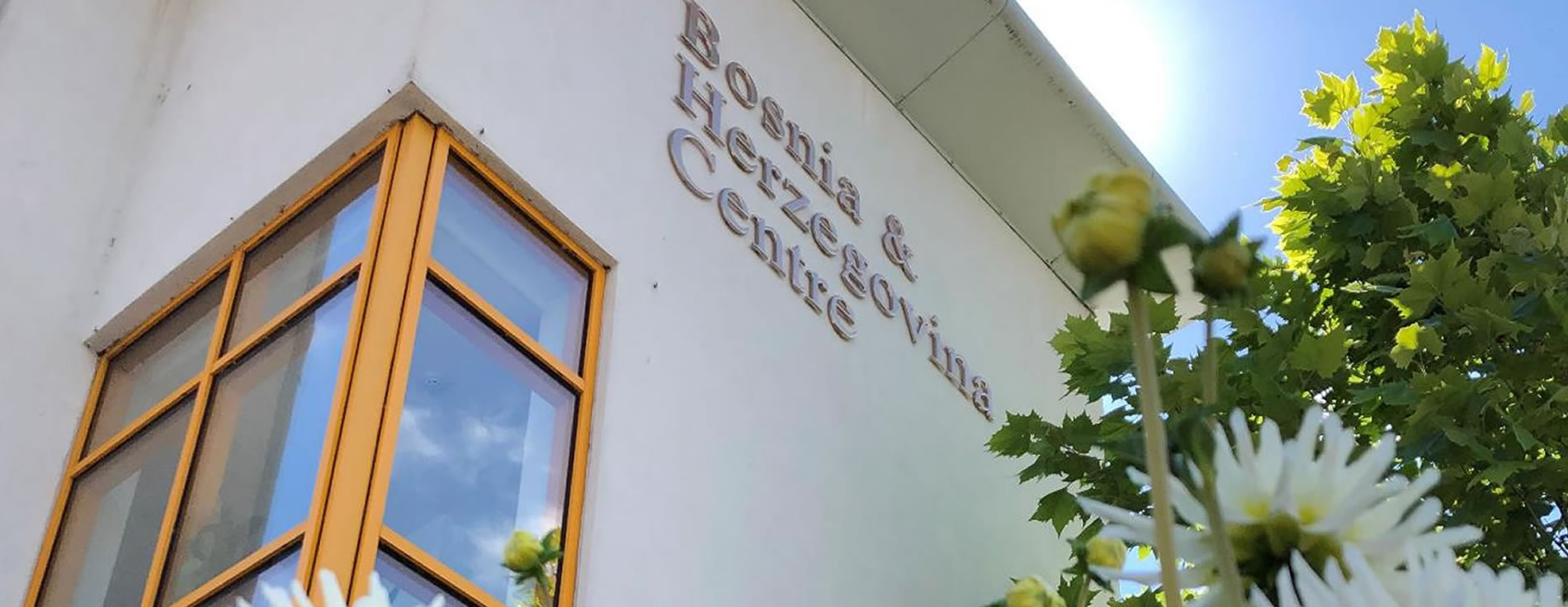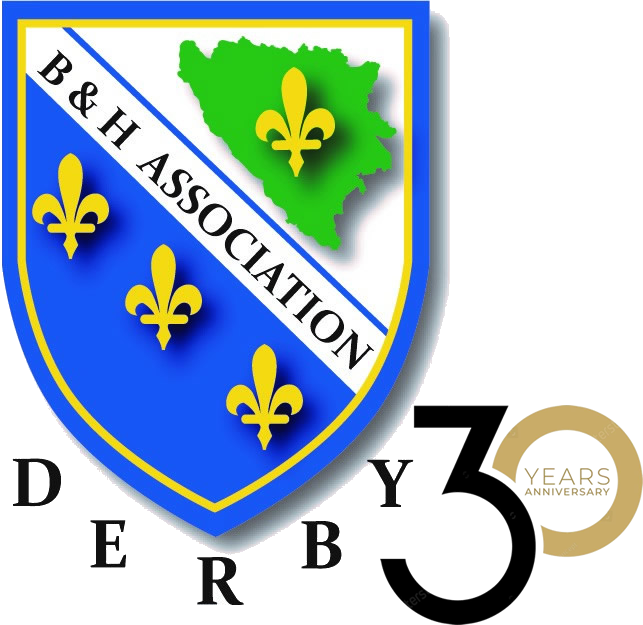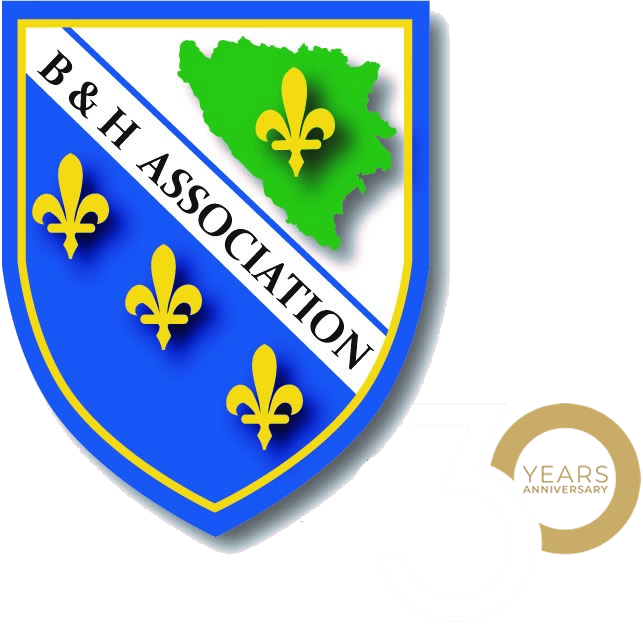
The Derby Bosnia-Herzegovina Community Association (DBHCA) was founded in 1995 by a group of newly arrived refugees from Bosnia and Herzegovina.
It became a registered charity in 1998 with the aim of supporting people from the former Yugoslavia, regardless of their ethnic origin, background, or religion. Initially, the focus was on providing peer-group psychological counseling, as well as offering advice on benefits, housing, and training. We also delivered outreach support for disabled and isolated individuals, including members of the Balkan Roma community, and organized cultural events. One of our key achievements was establishing a supplementary school for children to help them integrate into the education system.
As a community, we came together to purchase and renovate a derelict building into a community center. Although the building was later demolished for the construction of the inner ring road, our efforts paid off when, with support from Derby City Council, we were able to build a new, purpose-built center for the community.
The Bosnian community, having arrived from a country with similar statutory structures to the UK in education, health, and housing, integrated quickly, despite challenges with ESOL (English for Speakers of Other Languages). Over time, the focus of our work has shifted to address the needs of elderly Bosnian citizens and those with mobility issues. To meet these needs, we offer day activities and outreach support for these vulnerable groups.
Drawing from our own experiences as refugees, we recognized the importance of extending a helping hand to other refugees entering the UK. This led to the establishment of the Derby Refugee Forum, which later grew into the Derby Refugee Advice Centre (DRAC). The Bosnia & Herzegovina Centre became a hub for refugees and asylum seekers from around the world, many of whom now consider it their second home.
Today, our strategy for long-term sustainability relies heavily on volunteers. We are proud to have over 40 volunteers who support our mission. The services we provide are wide-ranging and include welfare benefits advice, housing support, health guidance, employability, energy advice and more. We are also registered with the Office of the Immigration Commissioner, enabling us to provide level 1 immigration advice. In addition to our advice services, we offer a variety of ESOL classes, workshops, and other activities designed to help migrants integrate and thrive in their new home.
Our Mission
At the Derby Bosnia Herzegovina Community Association, our mission is to provide vital support and confidential services to alleviate the effects of poverty, sickness, and distress for refugees from Bosnia and Herzegovina, the Former Yugoslavia, and other parts of the world. We believe that all refugees deserve the right to live in a just and equal society. Through information, support, training, and educational opportunities, we aim to empower refugees and asylum seekers, helping them navigate their new lives in the UK.
Our Aims and Objectives
Provide practical and social support to refugees and asylum seekers from all parts of the world, including those from Bosnia and Herzegovina and the Former Yugoslavia, now living in the East Midlands.
Offer confidential advice services and information to help elevate the effects of poverty, sickness, and distress among refugees and asylum seekers.
Provide independent, impartial support for vulnerable individuals, including those on benefits, low income, or who are disabled, elderly, or otherwise at risk.
Develop the Bosnia & Herzegovina Community Centre into a “One-Stop Shop” that offers comprehensive services to refugees and asylum seekers from across the globe.
Our work continues to be guided by our values of inclusion, support, and empowerment, ensuring that all refugees and migrants feel welcomed and equipped to build a brighter future.


